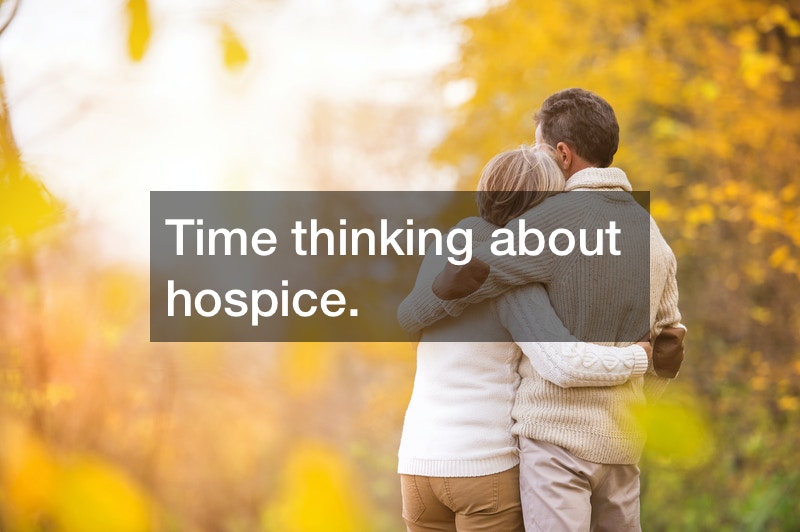Many people do not like to spend a lot of time thinking about hospice. After all, once someone is in hospice, it has pretty much been accepted that they are not going to survive whatever their illness or ailment is. This can be a very sad situation both for them and for loved ones. However, hospice is actually a good thing. It gives people some comfort in their final days, which can be invaluable in some cases. If you want to learn about hospice, you might want to ask one of many hospice care providers in your area about what it entails and about palliative care.
You might also want to research some alternatives to hospice if you are trying to figure out what the best options for your situation are. You might have certain questions, such as, can you be on hospice in the hospital? Can you get hospice care in a nursing home? The answers to these questions are likely going to depend on your specific situation, and you can ask the appropriate professionals what your options are in terms of hospice wherever you are. End-of-life care can be very important, and you want to make sure that you or your loved one is getting the best care possible.
Here in the United States, the population is growing steadily older and older. This is due to the fact that the Baby Boomer generation, notably large, has many members that are close to reaching their elderly years. As a matter of fact, the data on the subject is more than in support of this, given that it shows that, over the course of the next decade or so, our elderly population will swell quite dramatically. And by the time that we reach the year of 2030 at the end of this period, a full one fifth of the population of the United States will be able to be classified as “elderly,” meaning that they have reached or exceeded the age of 65. In the years that continue past the year of 2030, elderly people will only continue to become a larger slice of the population.
But why does this matter? What is the significance of this data? Well, for one thing, elderly people tend to need more care, especially as they continue to age. Medicare is a necessity for many elderly people, considering the fact that chronic conditions are prevalent through this section of our population and other health issues are also much more likely to arise. Fortunately, millions of people have been able to seek coverage under medicare (around 58 million, as a matter of fact, by the time that we had reached th year of 2017), and are therefore able to remain as healthy as possible for the longest period of time – and with the highest quality of life, to boot. Already, medicare has made it all the more possible for elderly people to seek out hospice care, as more than one million people who have obtained medicare have also been able to get hospice care, when it became needed, through their medicare plan.
And just like medicare itself, hospices play a critical role in the lives of many elderly people, at least here in the United States. For one thing, hospices have a much longer history than many people even realize. They date far back in history, all the way back to the 11th century, as a matter of fact. The first of hospices was set up by a religious order of monks, but hospices now can be religious and secular alike, depending on the type of hospice services that one might choose to seek out. And there are certainly many benefits to utilizing hospices and hospice resources.
For one thing, hospices can be quite key for providing a safe environment for the elderly to live in on a day to day basis. This is due to a number of factors, including the 24 surveillance that the majority of hospices employ. This surveillance is considered to be quite critical indeed, given the fact that many people who live in such hospice facilities are in need of high levels of long term care. For many such residents, help with basic day to day tasks is also a must, and is something that the skilled and trained employees of hospices throughout the country are able to provide. Help with day to day living in such hospice care facilities will keep many a patient safe, preventing them from having an accident, as such things are all too common when those in need of long term care refuse to obtain it and instead insist on still living completely independently.
Of course, hospices can provide care for those outside of their elderly years as well, though such things are certainly not as common. Those who have suffered life altering injuries, for one, can likely benefit from the care that hospices are able to provide, as they are likely need at least some level of help in completing some (if not all) of the basic tasks that are so essential for living healthily and happily. For a great many people, the need for hospice care can arise after a long illness as well, especially if this illness, as is all too often true for cancer patients, has been declared terminal. Fortunately, many hospices do provide end of life care.

